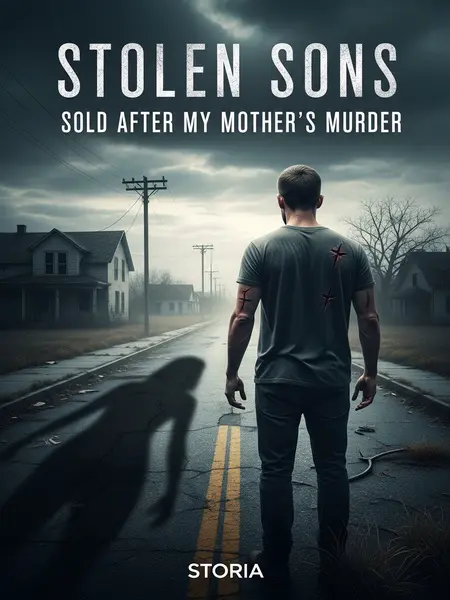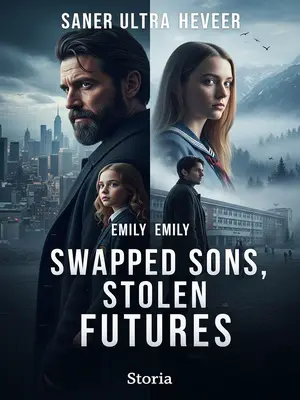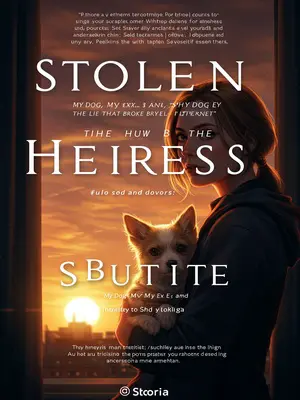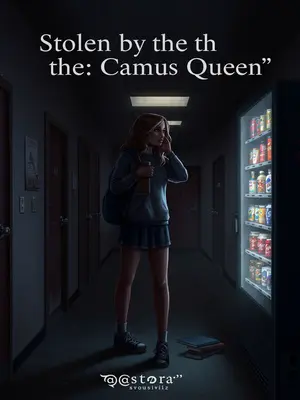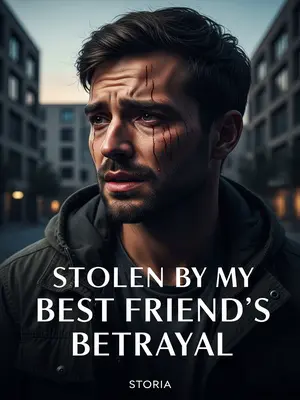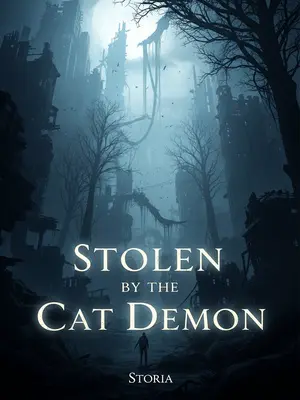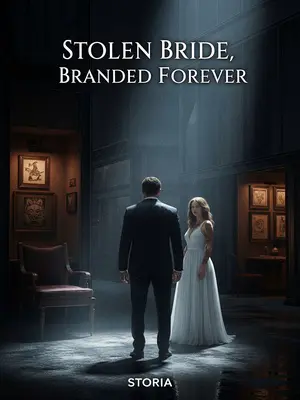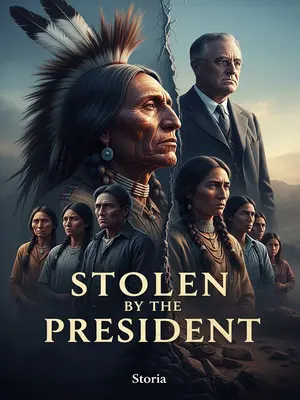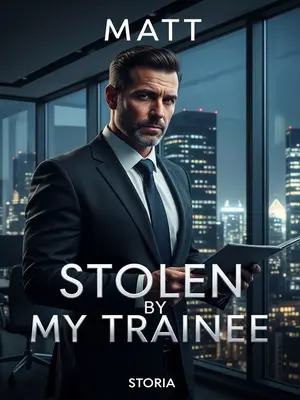Chapter 2: Stolen Away
The journey was bumpy, cramped, and hot. Caleb pressed his face to the van window, forcing himself to stay awake. The realization hit him hard: these men were traffickers. They’d murdered his mom just to sell him and his brother.
He hated them—hated them so much his jaw ached from clenching it. But after days of beatings, he learned to keep his anger tucked away. Survival was the only thing that mattered now.
Caleb memorized every detail of the journey: the stretch of I-80 they sped down, the rusty water tower by the old gas station, the creaking bridge over Willow Creek. They crossed a highway, then took a narrow gravel road to a run-down train depot. There, a freight train sat waiting, its engine idling like a beast.
The traffickers shoved the brothers into a sealed railcar—no windows, only the rattle of steel and the groan of tracks as they were carried away from everything they’d ever known.
When they reached a bigger station, the traffickers hustled them into the back of a battered panel van. By morning, they were in Chicago—a city Caleb only knew from TV, the skyline blurred by dirty windows. Neon signs flickered in the dawn, and the air smelled like burnt popcorn and car exhaust.
There were two other children with them, both scared and quiet. One, a little boy, started to cry on the train. Two traffickers took him away to the restroom. When they came out, their hands were empty. The other kids looked away. Caleb knew, deep down, that the boy wasn’t coming back. He squeezed Noah’s hand tighter, a silent promise burning in his chest: he’d never let go, not for anything.
Swallowing back bile, Caleb knelt down to his brother, whispered fiercely, “No crying. No matter what. Promise me, Noah.”
From then on, the boys did exactly what they were told, never making a fuss. But every mile farther from home, their fear grew like a shadow.
Their journey ended in Savannah, Georgia, beneath dripping Spanish moss and the sticky southern heat.
Whenever a stranger came, Hank lined the kids up against the wall, like they were cattle at auction. Caleb and Noah stood at the end, holding hands, silent and stiff.
In the end, seven-year-old Caleb—because he remembered everything and was harder to control—was sold cheap to a local man named Mr. Evans. He was handed a new identity: Evan Carter.
In the end, seven-year-old Caleb—because he remembered everything and was harder to control—was sold cheap to a local man named Mr. Evans. He was given a new identity: Evan Carter.
Noah was led away by another man, and that was the last Caleb ever saw of his brother.
Noah was led away by another man, and that was the last Caleb ever saw of his brother.
Being trafficked was like being forced into a new life—a twisted, cruel rebirth. Some kids, if they were lucky, ended up with folks who actually wanted a child to love. But that was rare.
The day the deal was struck, Caleb followed his new ‘dad,’ Frank Evans, to a rundown house at the edge of a weedy lot. Two skinny girls—about Noah’s age—peeked out from behind the torn screen door. Frank said they were his sisters. The house was bare, the yard patchy and full of weeds, with a sagging chicken coop in the back. Everything felt empty and wrong. He lay awake on a lumpy mattress, listening to the groan of the house and the distant whistle of a train, wishing for his mother’s lullaby.
Homesickness hit Caleb like a punch to the gut.
As soon as he arrived, Frank put him to work—lighting the stove, feeding chickens, tending to the little girls. There was always more to do, and never enough time or food.
One night, hunger gnawed so deep that Caleb snuck out to the chicken coop. He pried loose a couple of boards, hoping that a chicken might wander out—or get caught. Maybe then, he could eat without getting caught.
Frank found out. He dragged Caleb outside and whipped him with a thick stick, the pain searing down to bone. “With this, you’re tied to this family forever,” Frank snarled, breath hot with whiskey.
Frank found out. He dragged Caleb outside and whipped him with a thick stick, the pain searing down to bone. “This ties you to this family for good,” Frank snarled, breath hot with whiskey.
But Frank was wrong. Caleb remembered everything—his real mother, the murder, the abduction. He swore that one day he’d run far away from this hellhole.
A year after his arrival, Caleb started school, his name changed in the paperwork to Evan Carter. He learned to answer to it, learned to blend in. He wore hand-me-down jeans two sizes too big and a faded Braves cap, hoping nobody would ask where he came from. He made note of every adult and kid in the neighborhood, always on the lookout for his little brother.
Everyone knew—quietly—that there were bought children in the area. No one talked about it, but the truth hung in the air like smog. Could Noah be out there, hidden in another house, just a few blocks away?
He made note of every adult and kid in the neighborhood, always on the lookout for his little brother.
Everyone quietly knew there were bought children in the area. No one talked about it, but the truth hung in the air like smog. Could Noah be out there, hidden in another house, just a few blocks away?
Caleb scoured the playground, the churchyard, the corner store, asking questions when he could. One day, a boy from the next town over mentioned seeing a kid who looked just like Caleb.
Hope surged. Caleb ran the whole way—his heart a drumbeat of desperation. But when he got there, the boy was a stranger.
He trudged home, staring up at the sky, wishing he could talk to his dad. Where had Noah gone? Did Dad know what happened to Mom? Was anyone still looking for them?
